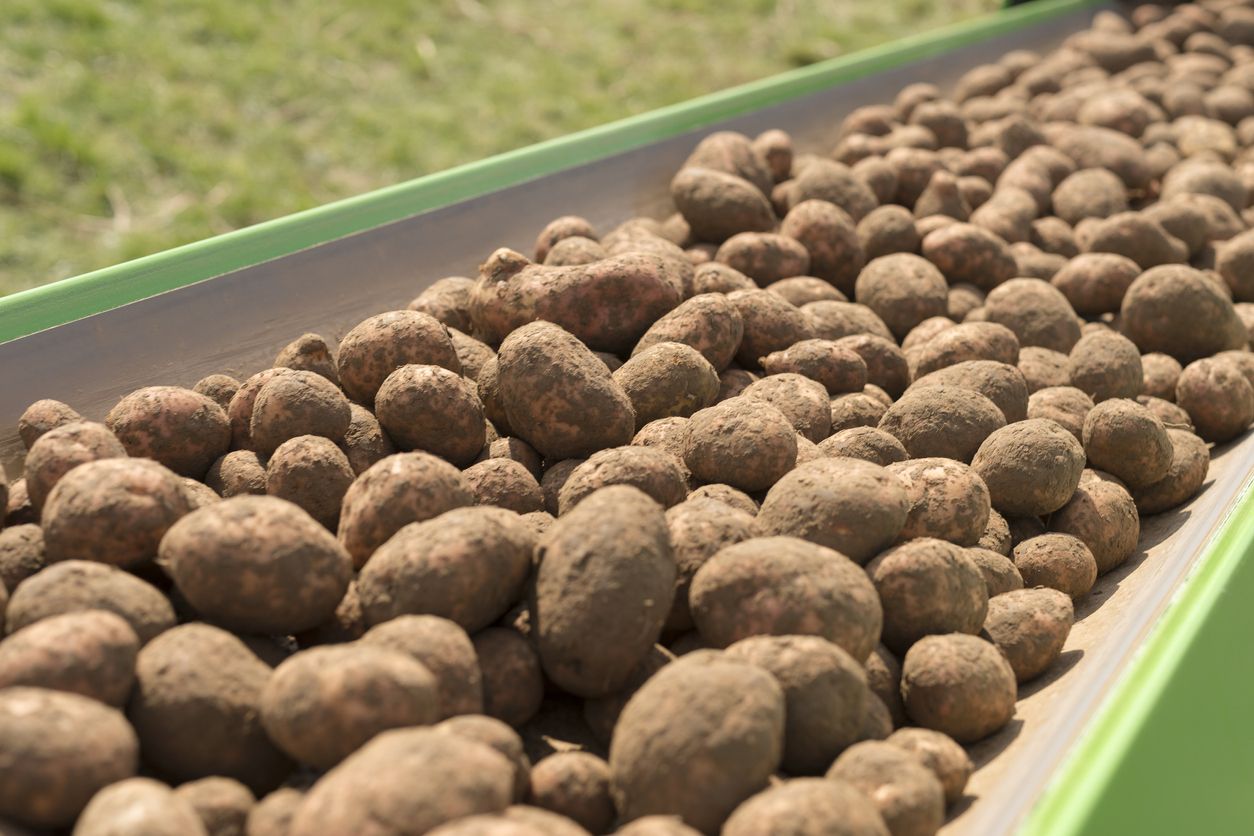McCain Foods, the world’s largest producer of frozen potato products, has unveiled plans for its second “Farm of the Future,” this time in South Africa. The project is part of the company’s drive to cut carbon emissions and tackle the impacts of climate change; it follows its first Farm of the Future that launched in Canada around a year ago.
- McCain has identified two South African locations totaling 465 hectares of irrigated land and 90 hectares of dryland on which it will grow 125 hectares of potatoes each year for use across the country using regenerative agriculture practices.
- These techniques, as outlined in McCain’s newly-released regenerative agriculture framework, include ensuring farm resilience, armoring soils — preferably with living plants, enhancing crop and ecosystem diversity, minimizing soil disturbance, reducing agro-chemical impact and optimizing water use as well as integrating organic and livestock elements.
- Working with 85 growers on this land, the project in South Africa will focus on enhancing productivity, while prioritising soil health, water efficiency, the reduction of agro-chemical inputs, and the introduction and preservation of biodiversity.
- McCain plans to open three Farms of the Future in different growing regions around the world by 2025.
Why it matters
The potato product producer’s largest customer is Mcdonald’s, but it also sells to other food services such as restaurants, fast food joints, and retail stores with a reach of around 160 countries globally, so its reach is significant.
McCain has pledged to support 100% of its direct growers in adopting regenerative agriculture practices by 2030 last year, which translates to around 370,000 potato acres.
The first Farm of the Future launched last year in Florenceville, New Brunswick, Canada. Working with around 100 growers, it has already seen strong yields after just one year in operation and fertilizer application at the site is already down by more than 16% compared to typical McCain growers in the area. Given the struggles farmers currently face in access to fertilizer at reasonable costs, this is a significant reduction.
Various research shows that regeneratively grown crops can also turn a bigger profit for farmers than conventional operations, with some regenerative corn fields yielding 78% more profit.
What’s more, regenerative corn fields generated nearly twice the profit of conventionally managed corn fields. The regenerative fields registered up to 70% more profit than conventional cornfields.
What they say
“We know that investing in the soil to build grower resilience is the solution. McCain’s regenerative agriculture commitments are the mechanism through which we drive not only resilience in our grower base, but also reducing carbon emissions,” Jess Newman, senior director of agriculture & sustainability at McCain told AFN. “Climate change is an existential threat to the potato industry. We know that our growers and all regions are facing increased variability in crop failures. When we think about South Africa, we’re looking at water scarcity, increased incidence of pests and disease.”
“We know that investments in soil health can sometimes take ten to twelve years to really pay off to see that increase in organic soil matter. But that compaction difference in even one year was just so amazing to see. It’s been a great and successful first year in New Brunswick. We look forward to those wins, specifically in South Africa,” she added.
McCain CEO Max Koeune said the Farms of the Future project is vital in trying to make the global food system more sustainable.
“This is a critical moment. The strain that global supply chains are under right now is shining a stark light on how exposed we are, with a food system that requires a radical transformation to address the challenges of our century,” he said in a statement.
“If we don’t change the way we farm, feeding the world in 30 years will require an 87% increase in carbon emissions. The implications of that are bleak – and we cannot allow it to happen. Farmers are on the front line here – they see the impacts every day, with extreme weather wreaking havoc on the growing season. Working collaboratively, we believe this transformation will ensure both McCain and our farmers will have a business for generations to come.”





